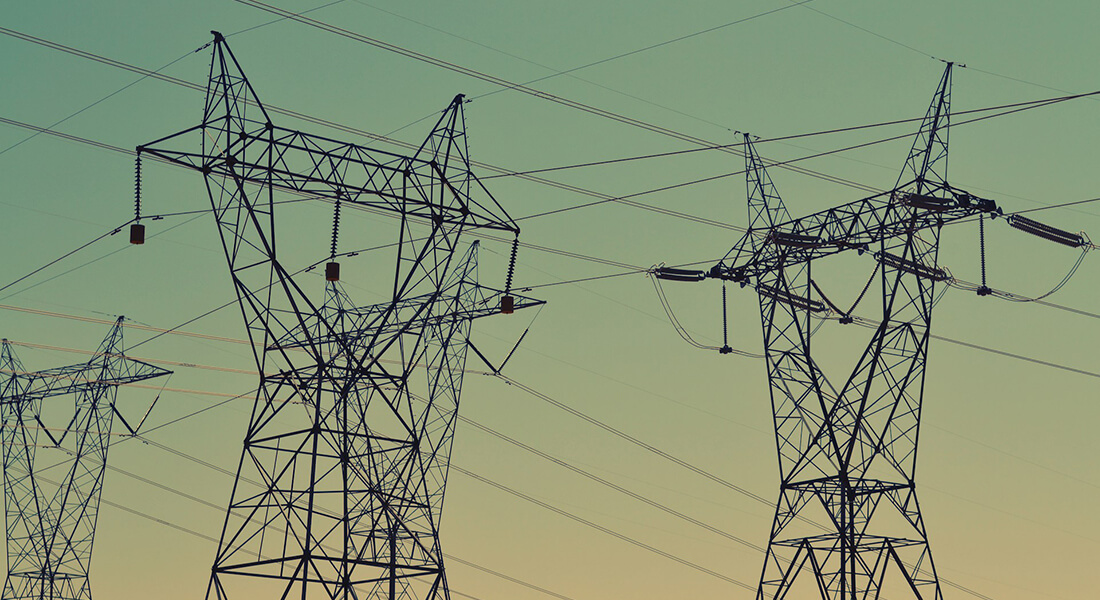Why you keep your electricity company - even though you can save money by switching
Most people keep their electricity supplier, even though it's fast and easy to switch to a cheaper competitor. Now an economist has unravelled what's holding people back – and what could ensure cheaper electricity contracts for Danes.

A healthy market depends on attentive and active consumers. However, when it comes to choosing a supplier for electricity, health insurance, mortgages, credit cards or car insurance, most people are very inactive and stay with their current provider for years.
Consumer inactivity is well documented and has led economists and politicians to speculate why people don't switch companies when they can make huge savings.
"It is important to understand why consumers are inactive if you want to design policies that increase consumer activity and thus improve competition," emphasises Christina Gravert, Associate Professor at the Center for Economic Behavior and Inequality, Department of Economics.
She has just completed a working paper about consumers' choice of electricity company. 3% of the Danish working-age population were invited to share their knowledge of the electricity market, their beliefs, preferences - and not least their intentions to switch providers. More than 10,000 Danes responded. Christina Gravert has linked the survey responses with data on whether the participants have actually followed through with their intentions to change electricity company.
People postpone and forget
The study reveals a significant gap between the intention to switch electricity supplier and the actual action. The gap only widens when trial participants are given information about potential savings and offered free access to a service to help them switch provider.
"The trial's interventions have a big impact on the participants' intention to switch, but their actual behaviour is barely affected," says Christina Gravert and elaborates:
“Over 30% of respondents who received information on savings and how to switch planned to switch supplier following the survey but less than 4% made the switch.”
Calculated annual savings at the time of the survey were between 946DKK and 2399DKK, depending on household size. The fact that so few of the participants choose to switch electricity companies – even when presented with solutions on a silver platter – is not due to biased beliefs about savings, high switching costs or demographics.
"On the other hand, we can see that personality traits such as trust and risk aversion – as well as one's propensity to procrastinate – are important predictors of who switches," emphasises Christina Gravert.
The gap between intention and action can be explained mainly by the fact that people are present-biased: Only those who plan to switch immediately, follow through with it. Most people put it off and quickly forget about their intentions. Therefore, it's not enough to inform consumers about the benefits of switching providers.
Guide people towards the cheapest power
According to Christina Gravert, consumer passivity raises a fundamental question: Why should consumers actively opt out of an expensive electricity company and find a cheaper solution? Alternatively, consumers could be automatically guided to the cheapest electricity.
"One model could be that Danish households are initially assigned the cheapest provider when they move. Then they can switch companies afterwards if they wish," suggests Christina Gravert.
Another option is to introduce a free service that can continuously selects the cheapest electricity contract for you. As an example, Christina Gravert mentions the company Elforbundet, which once a year solicits offers for a joint agreement for Elforbundet's 23,000 subscribers.
"People can join Elforbundet's agreement for free, paying only the spot price on the power exchange. That saves a lot of subscription fees and other costs that many electricity companies charge every month. A similar auction model could also be introduced in each municipality," she mentions.
Christina Gravert's research project shows that consumers strongly favour low electricity prices and pay little attention to the company's name and special services. 25% of all surveyed individuals say they would definitely use a free service that would switch them to the cheapest supplier.
"If politicians really want to give citizens cheaper electricity, they should consider introducing a system that automatically moves consumers to cheaper contracts unless they choose otherwise. This would create meaningful competition between suppliers in the electricity market," she concludes.
The study is called ‘From Intent to Inertia: Experimental Evidence from the Retail Electricity Market’. You can read it here.
Contact
Christina Gravert
Associate professor
Center for Economic Behavior and Inequality (CEBI)
Department of Economics
Mail: cag@econ.ku.dk
Phone: +45 35 33 47 82
Simon Knokgaard Halskov
Press and communications officer
Faculty of Social Sciences
Mail: sih@samf.ku.dk
Phone: +45 93 56 53 29
